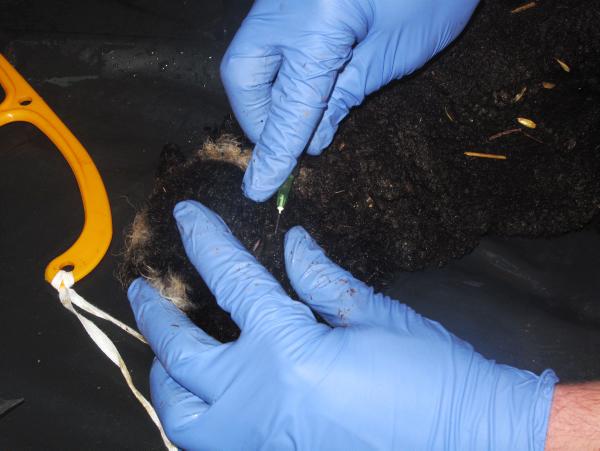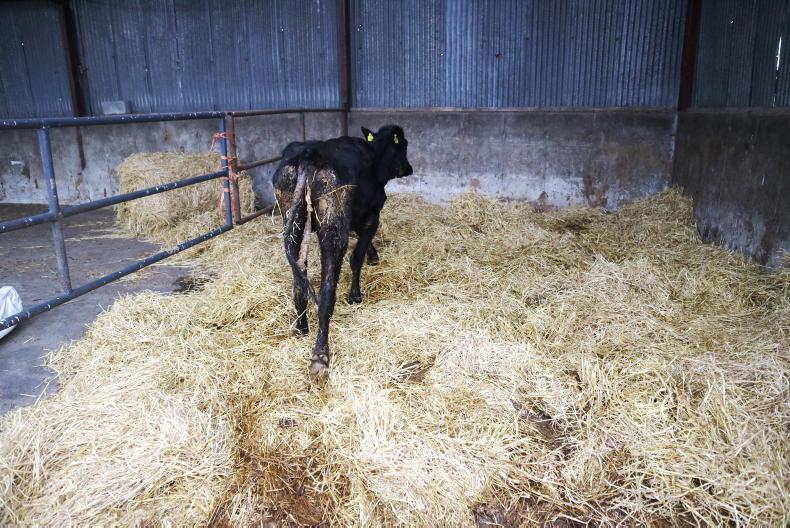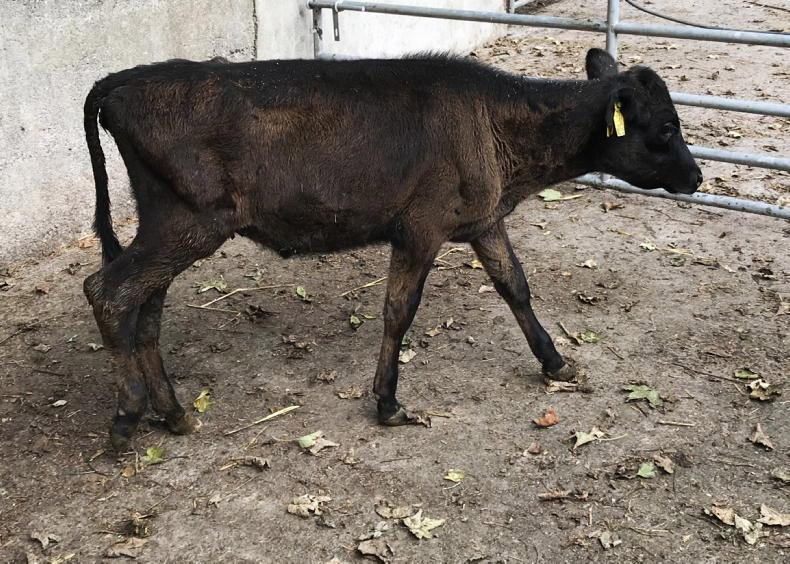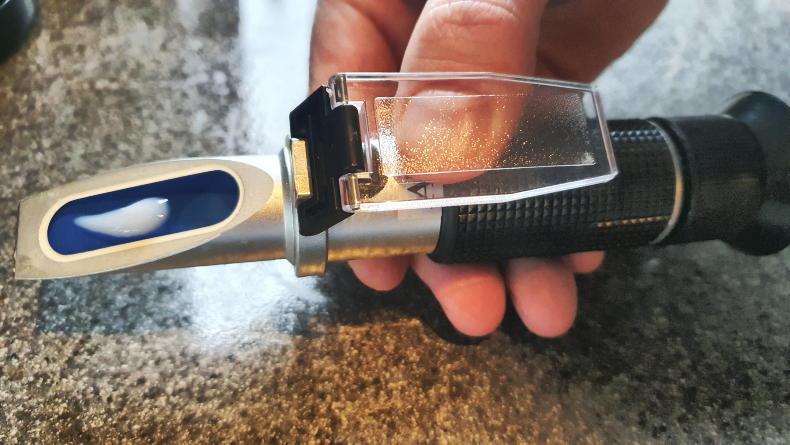Last November, a client who had recently purchased a one-and-a-half-year-old stock bull called this practice as the bull was scouring and losing weight. The bull was treated for bowel infection, and also given anthelmintics for liver fluke, rumen fluke and worms.
He seemed to respond at the time, but this was only temporary. In January, he relapsed. At this stage, it was decided to investigate further and samples were taken for laboratory analysis.
A week later, to our absolute horror we got the news that he had Johne’s disease.
Johne’s disease is caused by a bacterial infection (the bug is somewhat similar to the TB bug).
Generally, this bug infects calves in the first week of life. They get it from the faeces of other animals in their environment and in some cases they can get it from their mother’s colostrum if the mother is infected.
The time required before an infected animal will show signs of disease is variable, but usually it takes several years. However, when the animal is infected with a large amount of bacteria, disease can occur within months.
The only thing that could be done with this bull was to immediately put him down, as each time he passed dung he was contaminating the environment. The shed he was held in had to be thoroughly disinfected and cleaned.
The farm from where the animal came from was notified and they immediately addressed the problem by doing a blood test on all animals over 18 months old.
Signs of Johne’s disease are usually seen in animals between three and five years old – such as reduced production, poor thrive, lowered milk production, scour and soft swelling under the jaw. There is no effective treatment and vaccination is not available in this country.
On many dairy farms, the only animal purchase would be a stock bull. In order to avoid this disease, the only preventive measure is to ensure that the mother of the bull has been tested recently. The test is not totally reliable, particularly in the early stages of the disease, and testing a young bull of one to two years old is of little use.
*Fintan Graham is principal of a three-vet practice in Mountrath, Co Laois.









SHARING OPTIONS